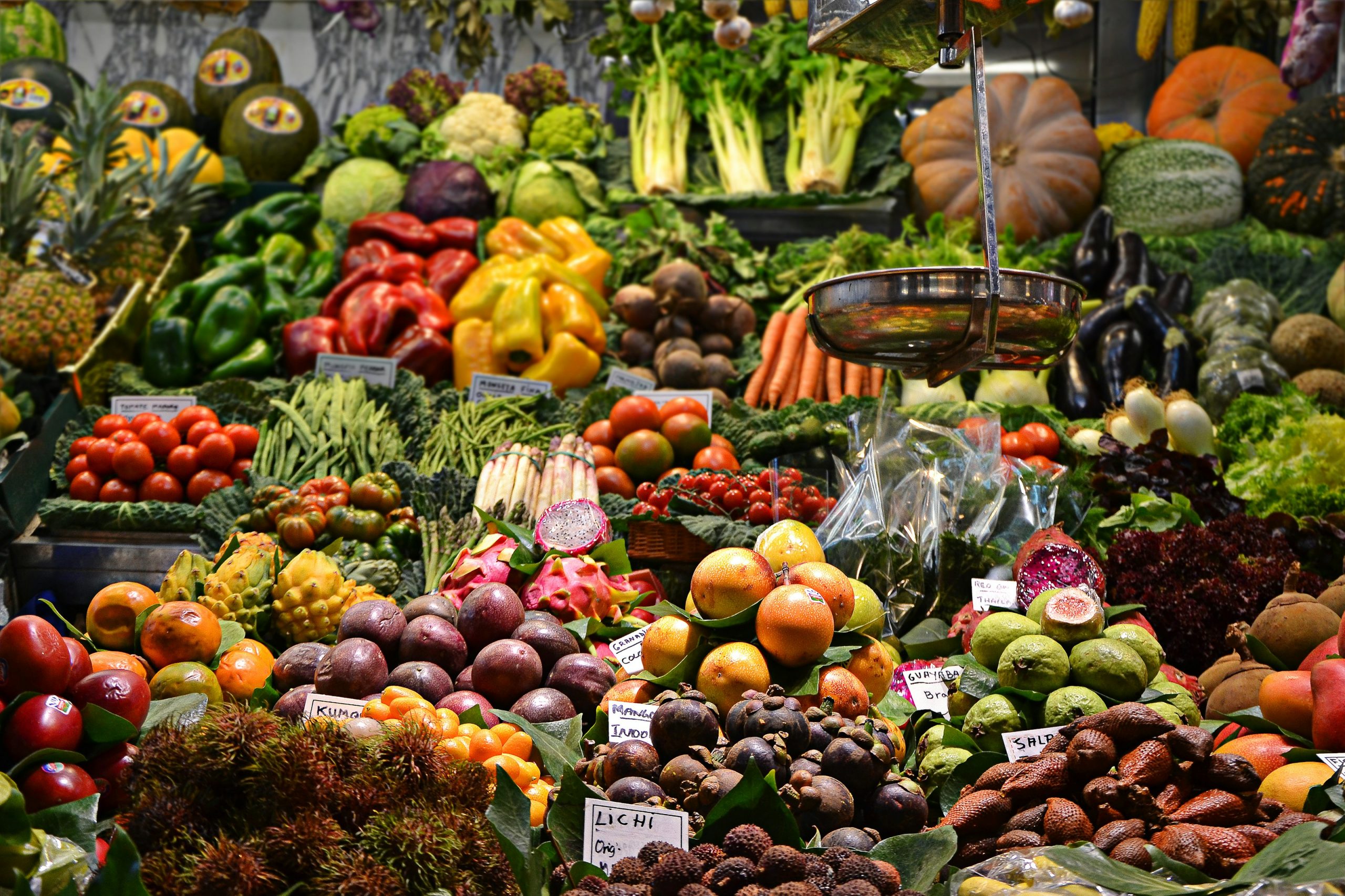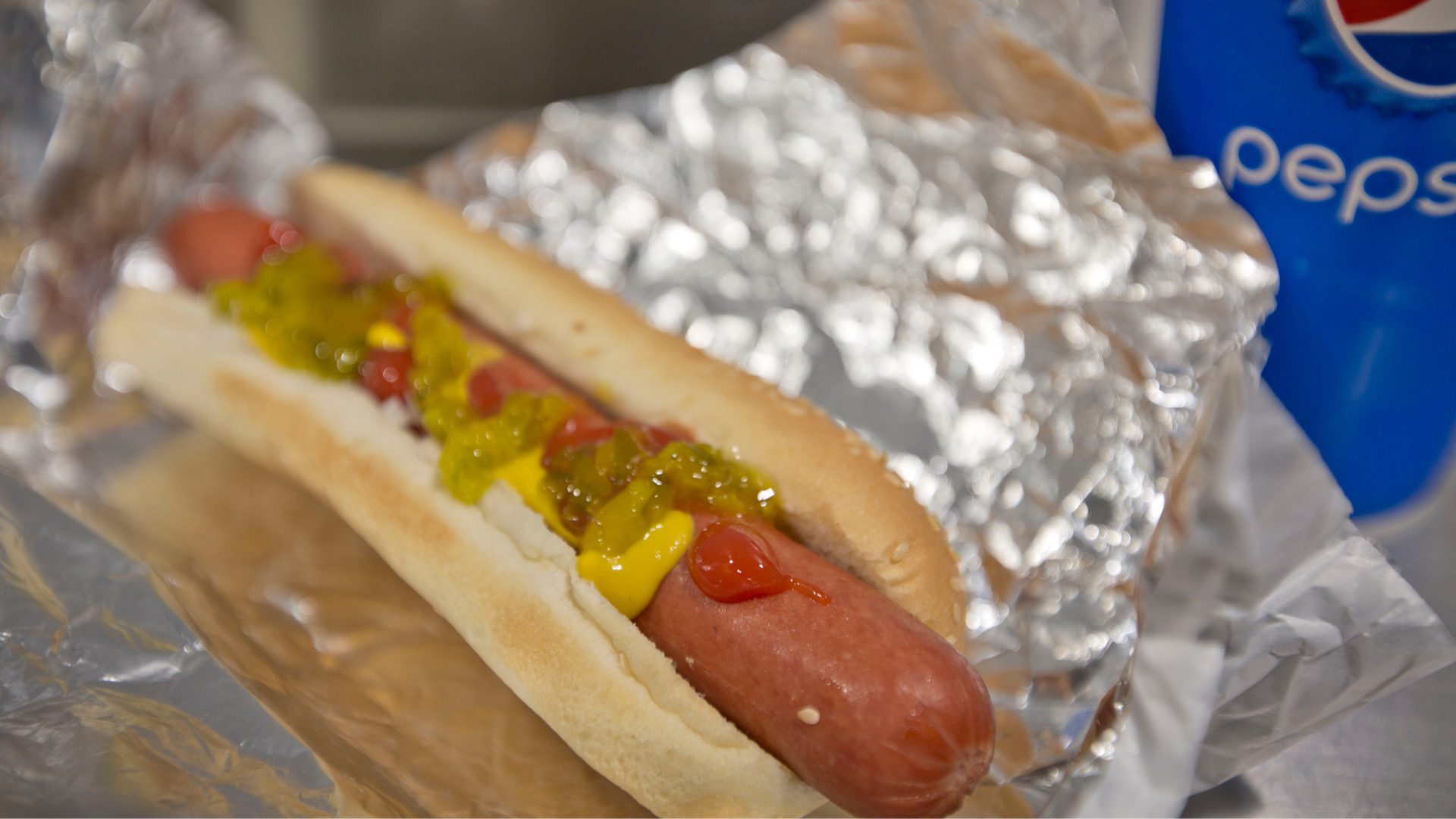MAPLEWOOD, NJ – In only a few years, private label has undergone a transformation, shedding its negative, “white label” pre-pandemic connotations for a premium, value-driven option that can deliver on price, quality, and taste.
“Covid was a catalyst for an interest in private label… It led people to try new products and really understand the specifications and the quality of those specific items,” explained Pam Ofri, director of Own Brands at Wakefern Food Corp., during a recent session chronicling the rise of private label at Forvis Mazars’ 2024 Food & Beverage Forum.
“I can only speak for Wakefern, but we try hard to be national brand quality or better. The ‘or better’ part is why we put a lot of time and investment into quality because Wakefern is the stamp on every product,” she said.
In the preceding keynote presentation, which grounded the conversation in data-driven findings, Food Institute CEO Brian Choi explained that innovation has helped drive private label sales across U.S. grocers. He cited the success of SpartanNash’s premium private label brand Finest Reserve.
“I spoke with a buyer at SpartanNash who said they’re finding that customers are not only foregoing away-from-home restaurant eating, but they are also responding that the quality is as good, if not better, than other national brands available at retail,” said Choi. FI-cited independent data from Nielsen IQ backs up this lattermost assertion, which found that the perception of private label offerings has improved.
A few noteworthy findings from that consumer report:
- 44% of respondents think store brands are usually good value for the money
- 40% think store brand products are a good alternative to name brands
- 35% think some store brand products are equal to or higher in quality than national options
Also included in the panel discussion was importer Camerican International president Josh Gellert and Mike Sainsbury, head of strategic food at Market Performance Group, who moderated the discussion. Sainsbury offered an explanation as to why retailers touting private label products care so deeply about quality.
“Think about what’s at stake for private label. Quality matters so much because… [a customer’s] bad experience could ruin that brand across other parts of the store,” Sainsbury said. A successful private label brand requires consumers to trust in their brand and their offerings to inspire them to purchase wider and deeper into their private label initiative.
Choi’s presentation also considered the category’s opportunity, both for retailers and brands looking to partner with grocers on an offering.
Citing research from Numerator, Choi explained that the top private label brands are also some of fastest growing offerings at retail. Kroger’s Smart Way brand experienced a 135% increase in household penetration over the last twelve months ending June 2024. Additionally, Dollar Tree’s B Pure and Walgreens’ Complete Home saw a 92% and 59% increase in unit volume growth across households over the same period, respectively.
Choi also explained that, while private label currently hovers at around 19% market share, relatively conservative estimates project that that it could reach between 23-25% by 2030. Gellert gave his insight into the rapid growth.
“It’s really hard to be a branded company today…It’s hard for a brand to make an imprint on somebody’s brain, and that has opened up this opportunity for private label,” he said, mentioning how marketing strategies have shifted both as marketing becomes less straightforward and as consumer attention continues to be split between multiple media outlets.
“People are trying [these offerings] and they’re liking it,” said Gellert.
When asked if they have advice for makers looking to partner with brands on a private label strategy, Ofri advised that manufacturers need to understand their business and their uniqueness. Gellert agreed, adding that brands need to find the right retail partner who will want to work with a brand and who believes in their product.
The Food Institute Podcast
Restaurant results for the second quarter weren’t stellar, but people still need to eat. Are they turning to their refrigerators, or are restaurants still on the menu for consumers? Circana Senior Vice President David Portalatin joined The Food Institute Podcast to discuss the makeup of the current restaurant customer amid a rising trend of home-centricity.











